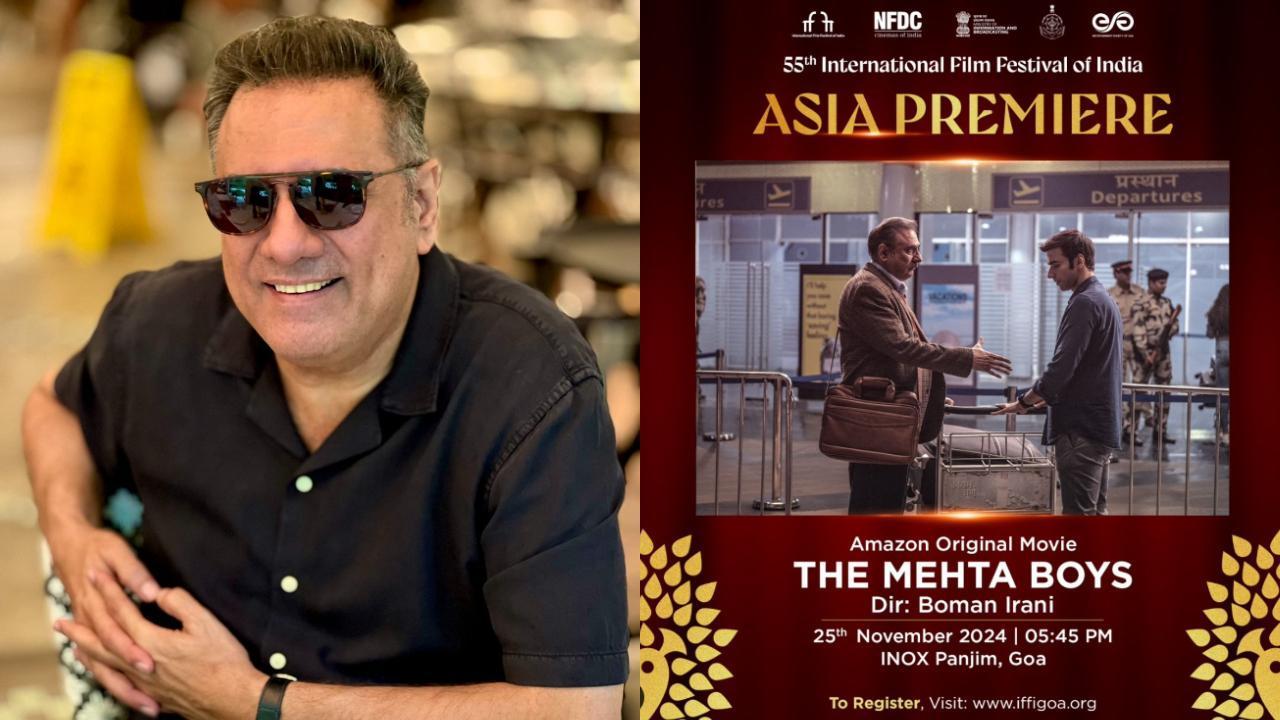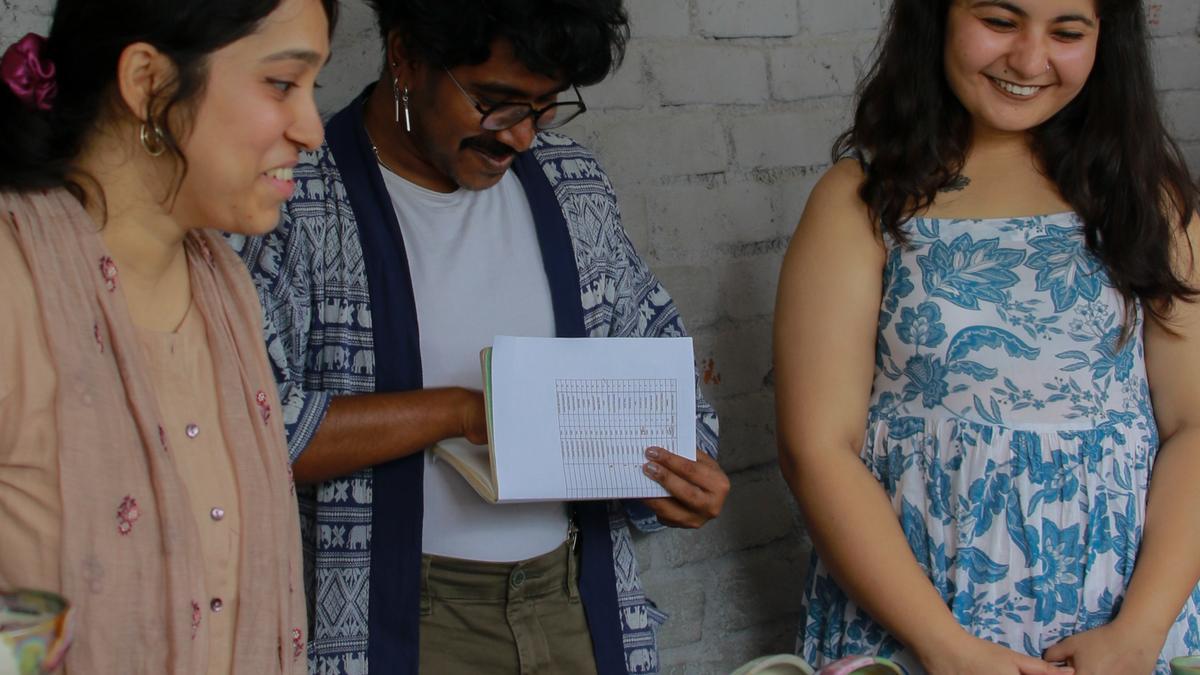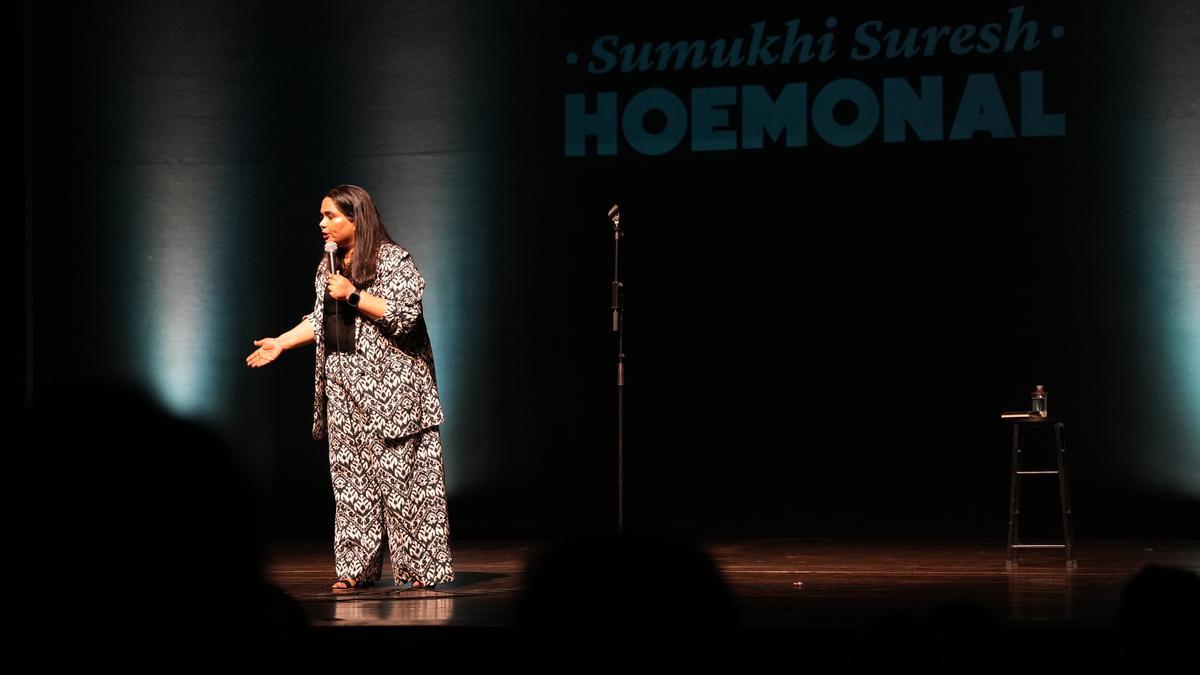
It’s a landmark occasion for the descendants of the legendary nagaswaram exponent Sheik Chinna Moulana, as his grandsons, S. Kasim and S. Babu, gear up for a grand commemoration. The family is set to honor the centenary of their patriarch’s birth and simultaneously observe the silver jubilee of the annual ‘shraddhanjali’ tribute concert in Tiruchi. The events, scheduled for April 7 and 8, promise not just to reflect on the past but also to forge a path forward, continuing the tradition of their magnificent musical inheritance.
“Thatha’s contribution to classical music via the nagaswaram has remained significant and global because of his unparalleled dedication and talent. My brother and I consider ourselves very fortunate to have the opportunity to further his musical footprint,” remarked Kasim, filled with a sense of pride and responsibility.
Through the Dr. Chinnamoulana Memorial Trust, the duo organizes various artistic endeavors and also run the Saradha Nadhaswara Sangeetha Ashram, a music school nestled in Srirangam. It is here at ‘Alapana’, the house where Sheik Chinna Moulana once dwelled – now Kasim’s residence – that the brothers host visitors, sharing their memories and musical expertise.
Kasim reflects on their relationship with their grandfather, describing a connection that was rooted in reverence and discipline typical for the era. “We were his disciples first. He was frugal with his praise to prevent us from becoming complacent. That rigor instilled in us a serious commitment to honing our craft,” says Kasim.
A moment etched in their memory is the rare praise they received during a recital in Hyderabad, following the honor of Sheik Chinna Moulana’s Sangita Kalanidhi award in 1999. Delivering the Shankarabharanam raga to a silent, captivated audience seemed to earn the maestro’s nod – a cherished acknowledgement from their revered mentor.
Spanning over three centuries, the family’s lineage in playing the nagaswaram is deeply rooted in Andhra Pradesh’s Chilakaluripet music school. Sheik Chinna Moulana imbibed the essence of music from his father, Sheik Kasim Sahib, and then Sheik Adam Sahib. Nonetheless, the maestro’s artistic quest led him towards the Thanjavur bani, renowned for its versatile approach to evolving ragas.
His disciples, Kasim and Babu, shared that their grandfather’s formative musical years were inspired by T.N. Rajarathinam Pillai’s recordings. With a vision to master the Thanjavur style, Sheik Chinna Moulana trained under Rajam-Duraikannu Brothers of Nachiarkovil and eventually made Srirangam his abode.
Sheik Chinna Moulana, performing until his final concert in 1999 when he received the Sangita Kalanidhi title, eschewed retirement for the joys of performance and teaching. “From attending high school in Srirangam to performing alongside thatha at his last concert, I witnessed his lifelong dedication to music,” Kasim reflects.
Akin to the northern shehnai maestro Ustad Bismillah Khan, with whom Sheik Chinna Moulana shared a profound camaraderie, the duo cautiously approached their musical collaborations, resisting the lure of fusion and remaining steadfast to their musical integrity.
Kasim speaks of the pivotal 1973 tour under the East-West Exchange Programme, revealing how Sheik Chinna Moulana became the first nagaswaram artiste to perform in the United States and Canada, sowing the seeds for a legacy that has flourished into a vast canopy of performances and musical alliances across continents. Hosting dignitaries like Professor William Skelton of Colgate University and NASA scientist V. K. Viswanathan, the tour marked a momentous chapter in bringing the traditional nagaswaram to Western audiences.
To immortalize the maestro’s work, a digital audio archive with over 250 hours of performances is in the making, alongside a dedicated YouTube channel for releasing vintage concert recordings.
During the centennial celebration, the venerable nagaswaram which Sheik Chinna Moulana popularized globally, acquired through a touching gesture of generosity to a struggling artist, will be exhibited to the public.
In their continued service as the special nagaswaram artistes of the Tirumala Tirupati Devasthanams, Kasim and Babu emulate their grandfather’s stature within Hindu sacred music. Their success, rooted in the Hindu cultural realm, stands testament to the harmonious integration and syncretism evident in India’s cultural tapestry. Echoing their grandfather’s heartfelt adage, Kasim solemnly states, “Thatha often used to say ‘music is my religion’.”










